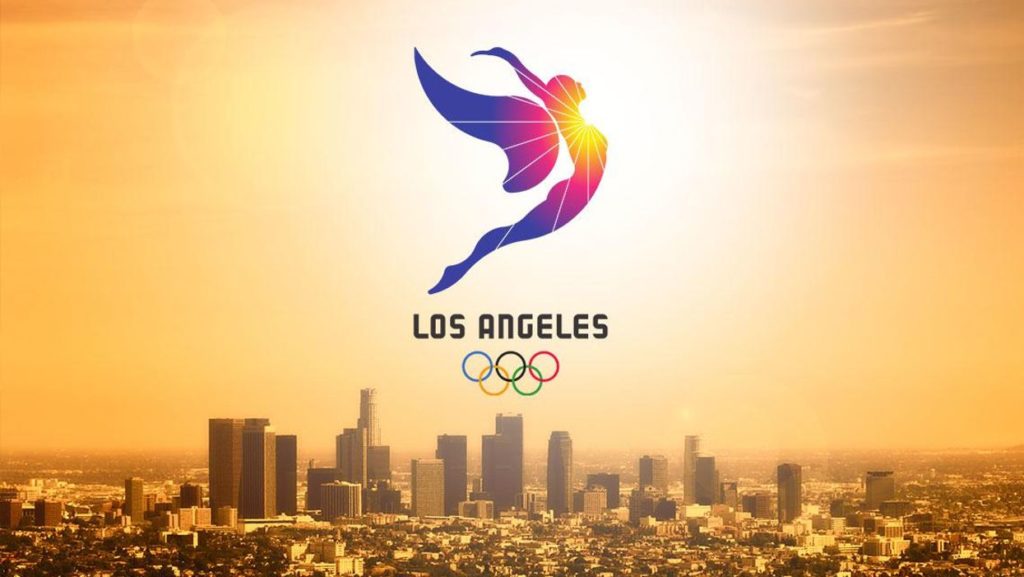With the 2028 Los Angeles Olympics still six years away, karate is already vying for a spot in the hallowed five-ring lineup.
The World Karate Federation (WKF) is launching an all-out offensive, fervently appealing to the International Olympic Committee (IOC) to include this ancient art in the world’s ultimate sports showcase.
Karate, however, is far from alone in this ambition, with its inclusion far from a sure thing.
The shortlist of nine potential sports also features squash, baseball/softball, lacrosse, kickboxing, breakdancing, flag football, and motorsport.
Current frontrunner among the contenders appears to be cricket, a sport boasting a massive global following, yet karate still harbors real prospects of making the cut.
A ROCKY RELATIONSHIP: KARATE AND THE OLYMPICS
Karate’s relationship with the Olympics could best be described as tumultuous, marked by more setbacks than successes when it comes to participation in the Summer Games.
Karate first graced the Olympic stage in the 1988 Summer Olympics in Seoul, not as an official event but as a demonstration sport.
The sport made its long-awaited official Olympic debut at the Tokyo Olympics in 2020, held from August 5-7, 2021, at Nippon Budokan, karate’s spiritual home.
Interestingly, what is less known is that karate had a sneak preview of its Olympic journey in 2018, at the Buenos Aires Youth Olympics.
After tasting the limelight, however, the sport was dealt a blow when it was excluded from the Paris 2024 program, leaving its 2028 fate in the balance.
THE OLYMPIC SELECTION PROCESS
The International Olympic Committee, the non-profit body tasked with organizing the Olympic Games, has the final say on which sports get the Olympic nod.
Each edition of the Games sees an array of sports organizations vying for their disciplines to be included in the Olympic repertoire. However, the process of onboarding a sport is a long, expensive, and arduous journey, often resulting in numerous rejections.
A mere five sports have been ever-present in the modern Olympics since the inaugural Athens 1896 edition: athletics, cycling, fencing, gymnastics, and swimming.
OLYMPIC LIMITS AND PROPOSITIONS
In 2014, the IOC decreed that a maximum of 310 events and 10,500 athletes are permitted for the Summer Olympics, although this cap can be nudged slightly higher if necessary to accommodate a new sport.
Before any new sport can pitch for IOC recognition, it must meet two conditions: it must be represented by an international federation and must comply with the global anti-doping organization’s regulations.
Then comes the challenge of crafting a compelling marketing strategy for the sport, a process that can carry a price tag running into several hundred thousand euros, according to Andrew Shelly, CEO of the World Squash Federation.
As part of these campaigns, sports often tweak their rules to make a more persuasive case.
The Olympic Program Commission then scrutinizes each federation’s application, assessing whether the proposed sport aligns with the Olympic Games’ ethos and brand.
Should this evaluation yield a positive outcome, the sport is then proposed to the IOC for final consideration.


